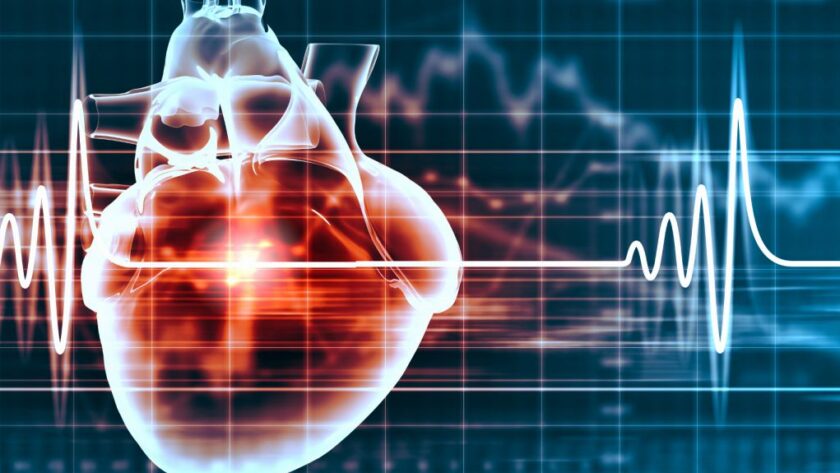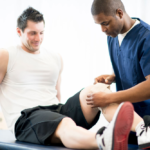Diagnostic tests are an important part of any medical procedure, such as a surgery or a treatment course advised for a patient. Diagnostic tests help doctors, and care providers understand how well the patient is doing medically and internally.
It helps them to prepare the right kind of treatment course and for any adversities that may be present at the time of surgery just in case. Diagnostic tests are either done at the hospital. If you Goggle ‘diagnostics lab near me’, there will be many search results with their contact and website information to help you choose the best one.
By taking the diagnostic tests that the doctors recommend, patients may be well aware of their situation and be best prepared for their surgery or treatment procedures at the hospital.
What are Diagnostic Tests?
Diagnostic tests are any testing methodologies that help diagnose an issue and help the doctor, and the care providers ascertain a specific health situation relevant to the patient’s condition.
Diagnostic tests can be both physical screening such as an X-ray or scan or internal screening such as blood tests, serum tests or urine tests. Either way, they are necessary to help list the many findings from the observations made while testing for certain diseases or conditions.
Diagnostic Tests are recommended by all doctors and can be done at the hospital itself. For smaller hospitals where the required equipment is unavailable or in the case of clinics, the doctor may write out a prescription for the tests to be taken.
The patient can search for any ‘diagnostics lab near me’ online or ask the clinic for recommendations. The diagnostic lab can take these tests and provide a report that needs to be evaluated by the doctors to ascertain the condition and to prepare for the treatment course.
Diagnostic Tests before Heart, Lung and Esophageal Surgeries
For any surgery that involves the heart, lungs or esophagus (or any other body part as well), taking a few diagnostic tests is recommended as part of the procedure. These tests can be done at a diagnostics center near me (the patient) and are to be documented by the team before stepping into surgery with the patient.
These tests give out all details regarding the vital functions of the heart, lungs and other respiratory systems that sustain life. Common diagnostic tests for surgery are mentioned below:
- ECG
An ECG or ElectroCardiogram helps in analyzing the hearts’ condition and the health of the heart before the patient is taken into surgery.
- Chest X-Rays
Chest X-rays help in determining a healthy respiratory system, including lungs, esophagus and other organs and ascertaining that the patient is healthy enough to undergo surgery.
- Blood Tests
Some of the most important factors such as WBC, potassium, glucose and Complete blood count are taken before the patient undergoes surgery so that important aspects of the body can be instantly introduced as and when required medically and keep the patient stable before, during and after surgery
- Urinalysis
A complete urine test is also done to check for kidney and bladder functions and to look for any possible infection the patient may have. This may need to be corrected by the doctors before surgically operating on the patient.




